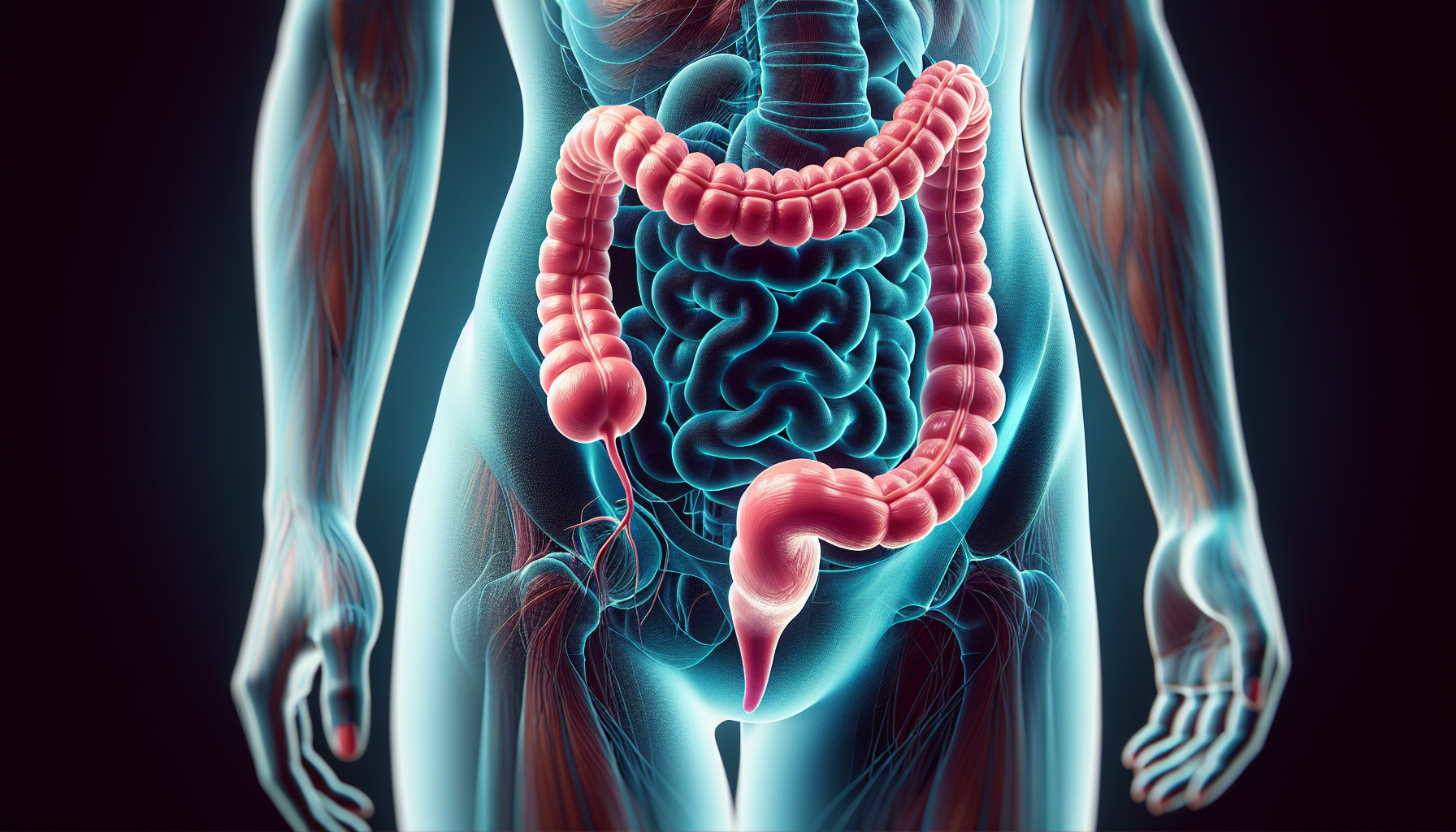Colon cleansing, a practice dating back to ancient times, has recently regained attention as a means to promote overall digestive health. As modern diets and lifestyles put increasing pressure on our digestive systems, understanding how regular colon cleansing can benefit our gut health is more important than ever.
The Role of the Colon in Digestive Health
The colon, or large intestine, is a crucial part of the digestive system, responsible for the final stages of the digestive process. It absorbs water and nutrients from food remnants and converts waste into stool to be expelled from the body. A healthy colon is vital for a balanced digestive system and overall well-being.
However, with the rise of processed foods, sedentary lifestyles, and increased stress, the colon’s function can be compromised. This can lead to an accumulation of toxins and waste that may not only affect the colon but also the entire body. Regular colon cleansing is posited to help alleviate these issues, though it’s important to approach it with caution and understand both the methods available and their effects on health.
Understanding Colon Cleansing Methods
There are several techniques for colon cleansing, ranging from dietary changes and oral supplements to colonic irrigation. Each method aims to eliminate waste build-up and toxins from the colon, potentially improving digestive function.
Dietary Changes for Natural Colon Cleansing
One of the most natural ways to cleanse the colon is through dietary adjustments. Increasing the intake of fiber-rich foods, such as fruits, vegetables, and whole grains, can naturally enhance the body’s ability to eliminate waste. Adequate fiber intake is linked to better intestinal barrier function and can reduce the risk of constipation, one of the colon’s most common ailments.
Colonic Irrigation and Hydrotherapy
Colonic irrigation, also known as colon hydrotherapy, involves flushing the colon with fluids to remove waste. This method should be conducted by a qualified professional to avoid potential risks, such as infections or a disturbed electrolyte balance.
Oral Supplements
Various oral supplements, including herbal teas, enzymes, and laxatives, are marketed for colon cleansing. While some may be effective, it’s essential to use them judiciously and preferably under the guidance of a healthcare provider, as they can also disrupt normal bowel function and flora.
The Purported Benefits of Colon Cleansing
Proponents of colon cleansing suggest that regular cleansing can offer several health benefits, including:
- Improved digestive function and reduced risk of constipation
- Enhanced absorption of vitamins and minerals from the diet
- Increased energy and concentration
- Weight normalization
- Reduction in the risk of colon cancer
While the scientific community remains split on the efficacy of colon cleansing for these benefits, anecdotal reports from individuals who have undergone the process often cite feelings of rejuvenation and improved health.
Potential Risks and Considerations
Colon cleansing is not without its controversies and potential risks. These can include dehydration, electrolyte imbalance, and in rare cases, perforation of the bowel. It’s crucial to approach colon cleansing with an understanding of these risks and to consult with healthcare professionals before undergoing any procedure.
Linking Colon Health with Overall Wellness
The health of the colon is intrinsically linked to the overall wellness of the body. For instance, a well-functioning digestive system can have a positive impact on skin appearance, as the elimination of toxins can prevent them from affecting the skin. Similarly, maintaining a healthy colon can support the immune system, as a significant part of the body’s immune activity occurs in the gut.
Complementary Practices for Digestive Health
In conjunction with colon cleansing, other practices can further support digestive health. These include:
- Regular physical activity, which can enhance gut motility and reduce the risk of colon issues.
- Adequate hydration, which is crucial for maintaining colon function and preventing constipation.
- Stress management techniques, as stress can negatively affect gut health and exacerbate gastrointestinal problems.
External Resources Supporting Colon Health
For those interested in exploring the science behind colon health and cleansing, the following resources provide valuable insights:
- A comprehensive review of the gut microbiota’s influence on health, found on Gut Microbiota for Health, a platform by the European Society of Neurogastroenterology & Motility.
- In-depth information on digestive disorders and treatments from the International Foundation for Gastrointestinal Disorders.
- Guidelines for dietary fiber intake and its benefits for digestive health from the American Society for Nutrition.
Conclusion
Regular colon cleansing may offer benefits for some individuals, but it’s a practice that should be approached with care. Understanding the methods, benefits, and risks is essential for making informed decisions about colon health. By incorporating colon cleansing into a holistic approach to wellness that includes diet, exercise, and stress management, individuals can support their digestive health and overall well-being.
Remember to always consult with a healthcare provider before undertaking any form of colon cleansing, especially if you have existing health conditions or concerns. With the right guidance and practices, a healthy colon can be a cornerstone of a healthy body.



